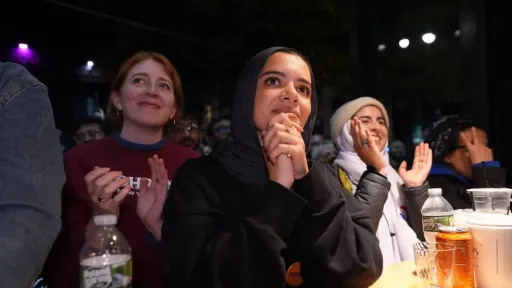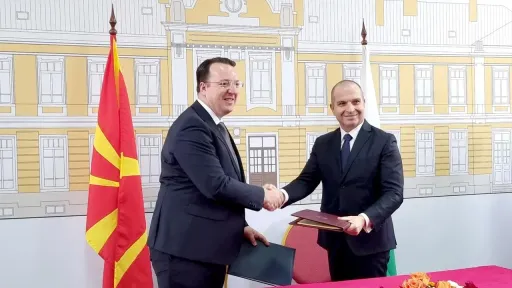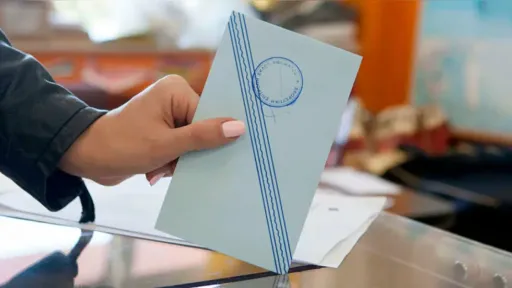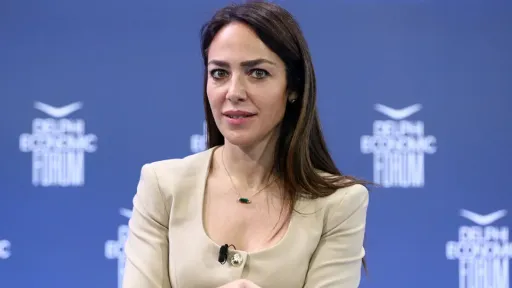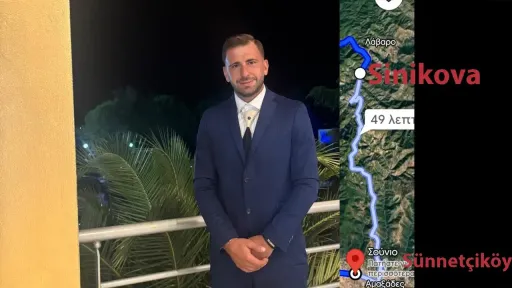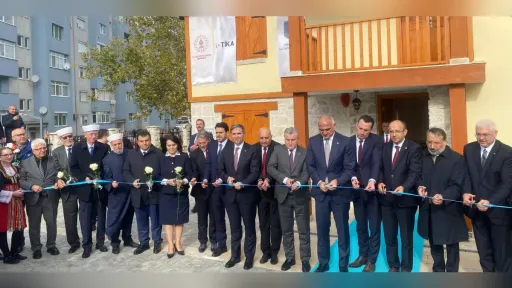Bulgaria faces dead end over failure to form gov't in 4 elections in row
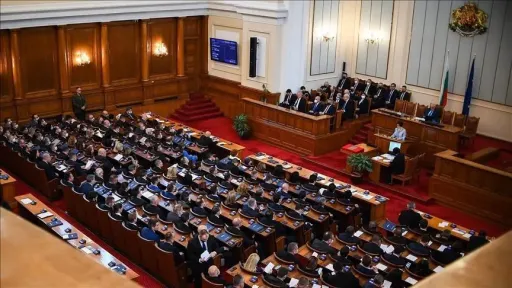
One of the poorest and least stable members of the EU, Bulgaria is facing a political dead end as politicians failed to form a government after four elections in a row.
Bulgarians headed to the polls last October for a fourth time in the last two years to elect parliament members.
The seven parties that won seats in the 240-parliament could not set aside the conflicts and form a coalition government.
So, the voters will have to go to the polls for the fifth time over the past two years.
Citizens of Bulgaria, one of the poorest countries in the EU, are pessimistic and that is why the turnout in the next elections to be in April is expected to be extremely low.
The political crisis in Bulgaria began in the 45th parliamentary term, which was formed after the general elections in April 2021.
Due to the inability of the parties to reach a consensus on forming a government, Bulgarian voters went to the polls for early elections three times in July and November of 2021, and also in October 2022.
The country is governed by interim governments that President Rumen Radev has set up since April 2021, as no government with a vote of confidence from parliament has been formed.
In the intervening time, Radev appointed various political parties represented in the parliament 12 times to form the government.
Radev finally gave the task of forming the government to the pro-Russian Bulgarian Socialist Party (BSP), which has 24 seats in the parliament and does politics in line with the former Bulgarian Communist Party.
However, they have also failed to receive support from other parties.
Radev then set the date of April 2 for the early general elections, and with another decree, he announced that he would dissolve the parliament as of Feb. 3.
How was the process?
According to the constitutional practice of "parliamentary roulette" in the country, if the largest political party cannot form a government, this task is transferred to the second largest party in the parliament.
The Citizens for the European Development of Bulgaria (GERB) party, led by former Prime Minister Boyko Borisov in the 240-member 48th parliament, failed to form a government in the process.
Borisov, GERB's leader who ruled the country for about 12 years in the past, did not become a deputy due to the "representative of the underworld" perception in the society. But other parties in parliament refused to negotiate a coalition with GERB as long as Borisov was the party leader.
We Continue the Change (PP) party, co-chaired by former Prime Minister Kiril Petkov, who was tasked with forming the government after GERB, failed in its efforts to form a coalition that could receive a vote of confidence from the parliament and failed to form the government.
In the last stage of the process, Korneliye Ninova, leader of the Bulgarian Socialist Party (BSP) in line with the Bulgarian Communist Party, which was overthrown in Bulgaria in 1989, could not get support from the parliament to form the Cabinet.
"We realized that we would not be able to get the necessary support for the formation of a government," Ninova said on Tuesday.
What is the constitutional procedure?
According to the Bulgarian constitution, when a government crisis occurs, the president first assigns the party, which is the largest group in the parliament, to form the Cabinet.
He then assigns the second-largest party, and for the third and last time, another party, in line with his own choice, to form a government before early elections are called.
If a government cannot be formed in this process, the country goes to early general elections again.
AA
